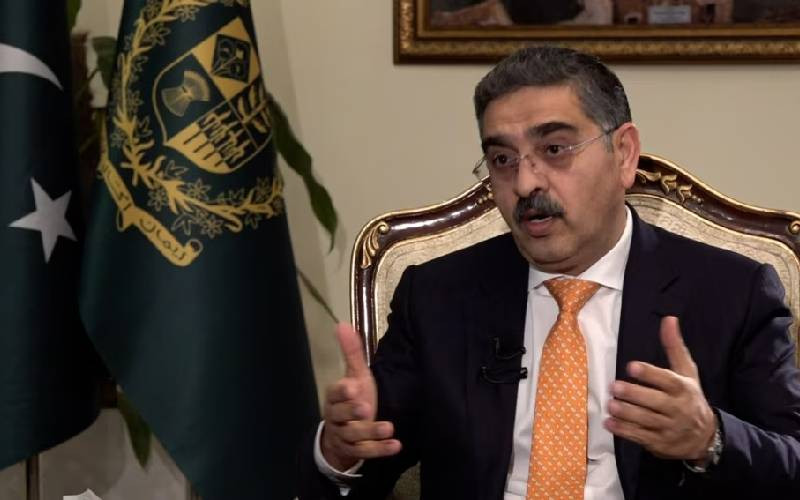×
The Standard e-Paper
Home To Bold Columnists

Pakistan's caretaker prime minister has said his country did not sell weapons for use by Ukraine in its war with Russia, calling reports of such sales a "confusion."
In an exclusive interview with VOA, Anwaar-ul-Haq Kakar said Pakistan did not sell arms to the U.S. for Ukraine.